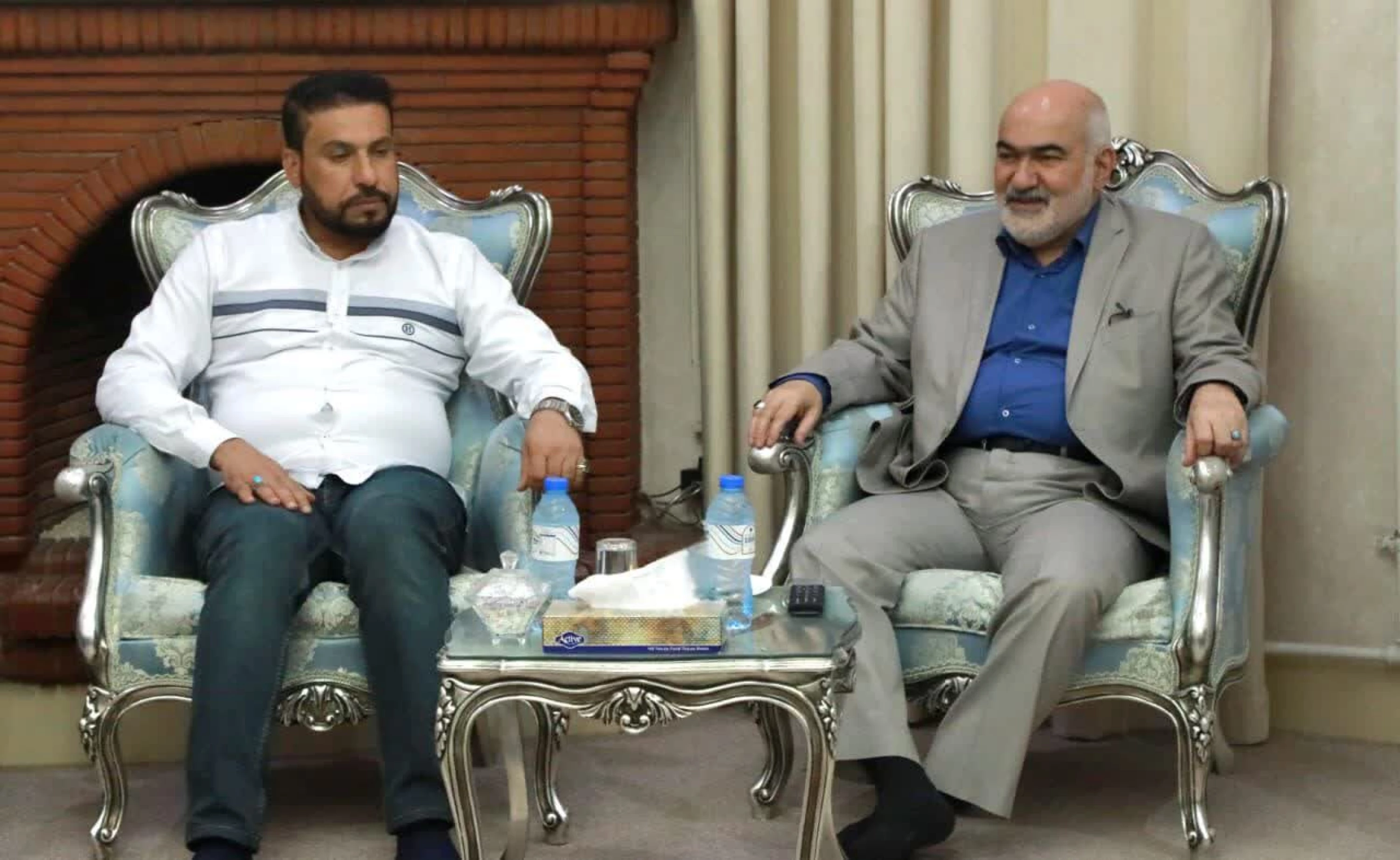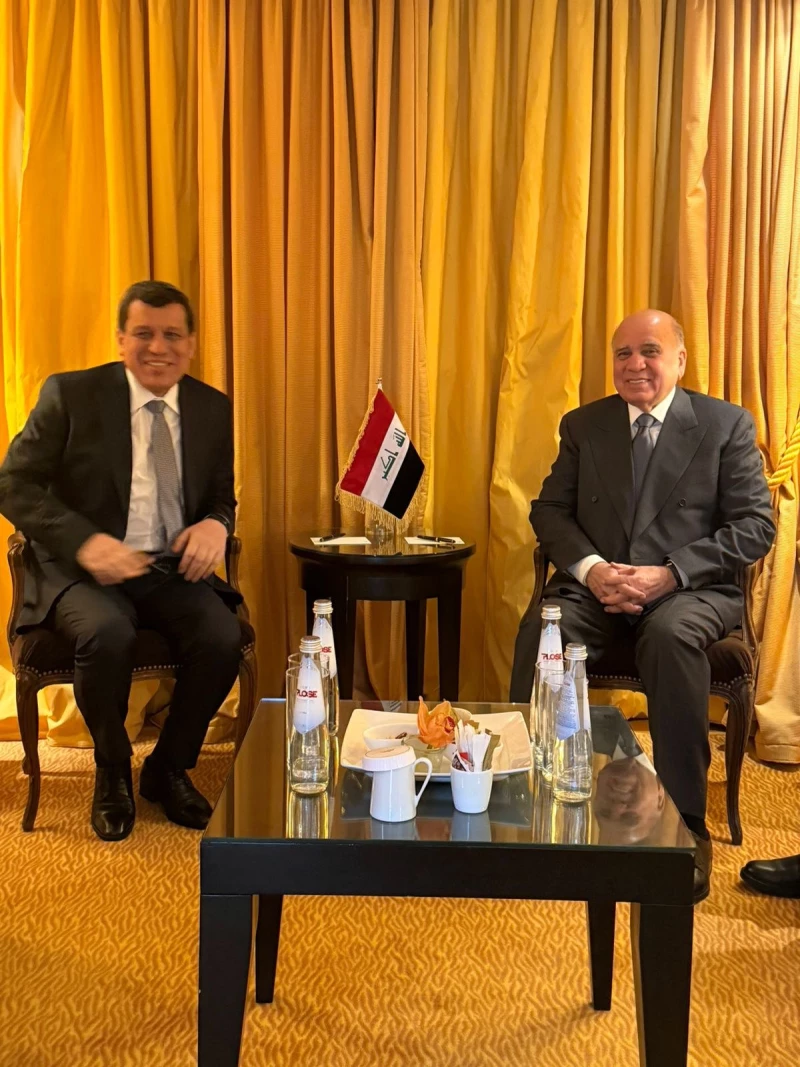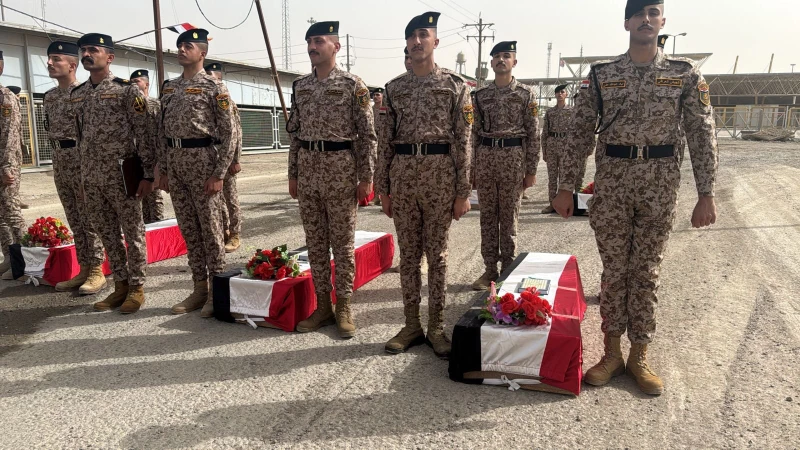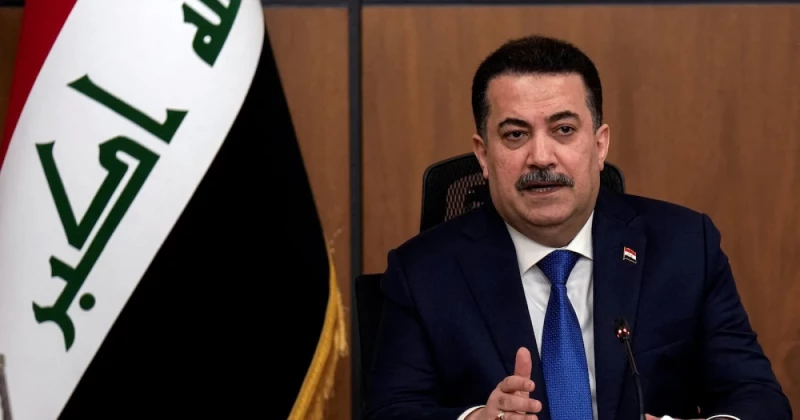ERBIL, Kurdistan Region of Iraq - Iraq and Iran have reached a new agreement to allow citizens from both countries to cross the border in their own vehicles through a shared land crossing.
The deal was signed between Khuzestan Governor Mohammad Reza Molaizadeh and Maysan Governor Habib Dhahir al-Fartousi during the latter’s visit to the Iranian province, according to Iran’s state-owned IRNA.
Based on discussions between the two governors and in line with a broader agreement between the Iraqi and Iranian governments, vehicles belonging to citizens of both countries will soon be allowed to pass through the Jazabeh border crossing.
Authorities from both sides said that infrastructure work is underway to prepare the crossing for civilian vehicle movement. The route is expected to open in the coming days once construction and logistical preparations are complete.
The new arrangement aims to boost cross-border travel and economic cooperation between Iraq’s Maysan province and Iran’s Khuzestan province, which share close cultural and commercial ties.
Earlier this month, Iran and Iraq signed a joint agreement to establish a cross-border commercial market in the city of Shalamcheh, located between Iran’s Khuzestan province and Iraq’s Basra province.
The deal was concluded between the Arvand Free Zone Authority, the Basra Provincial Council, and Iraq’s General Authority for Free Zones, aiming to strengthen bilateral trade and investment.
Iranian officials highlighted the strategic value of the Shalamcheh crossing as a key route for expanding economic, transport, and logistics cooperation between the two neighboring countries.
During the meeting, Basra Provincial Council Chairman Mohammed Kadhim and Arvand Free Zone CEO Mostafa Khanzadi emphasized that developing the Shalamcheh-Basra corridor and completing the railway project are essential steps to ease the flow of goods and passengers.
Both sides agreed that accelerating infrastructure work and launching the new trade zone will help boost border commerce and regional integration, reflecting a broader push by Tehran and Baghdad to deepen economic ties and stabilize cross-border connectivity.



 Facebook
Facebook
 LinkedIn
LinkedIn
 Telegram
Telegram
 X
X


